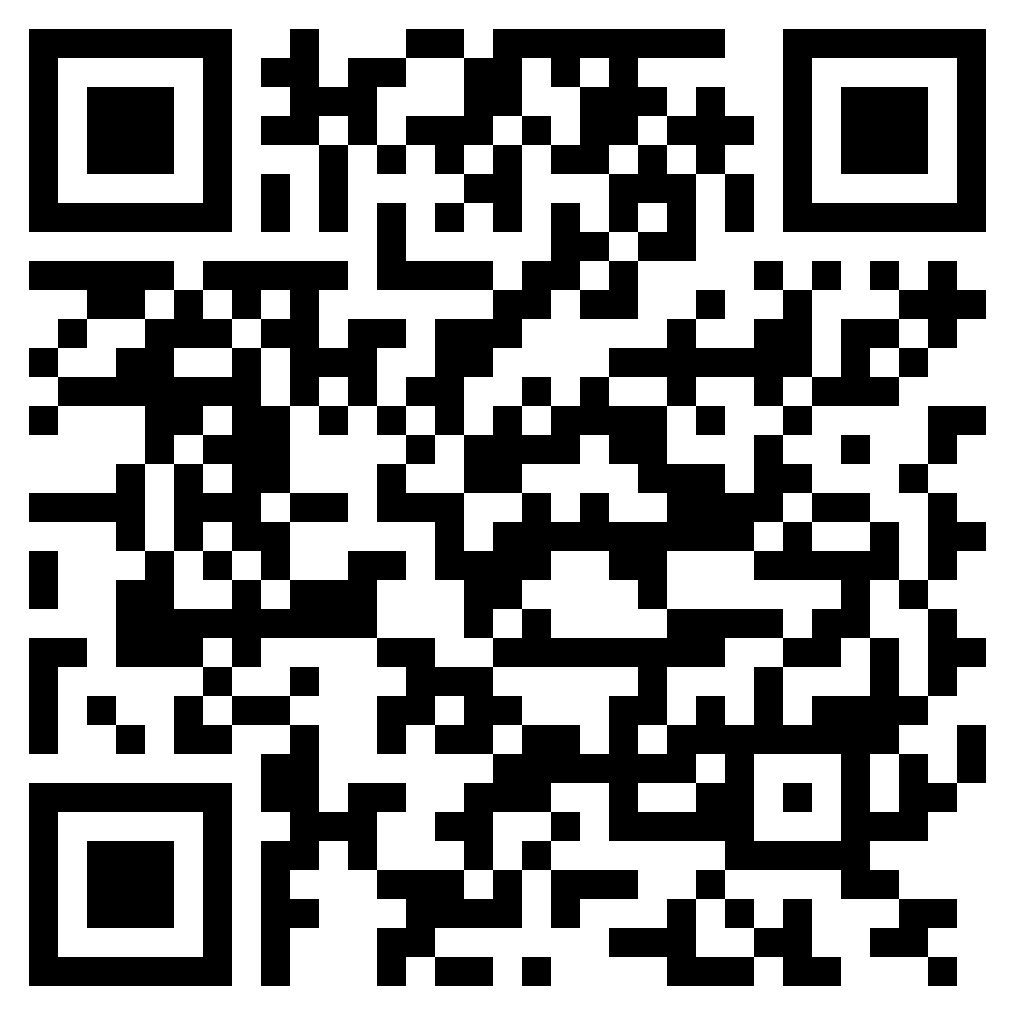Menu
It is crucial that therapeutic relationships form the basis of meaningful nursing care, because this supports the patient on their healing pathway and to feeling whole again, once more. These relationships are complicated, growing with time by way of trust, sympathy and acquaintance. We venture deep into a relationship within healthcare concerning a therapist and their client examining how things are done as well as why they occur.
Therapeutic relationships in healthcare cannot be underestimated. Such contacts extend beyond doctor’s patient relations. This is how medicine, peace, and faith come in. Healthcare providers must understand the dynamics and subtlety of such relationships to offer complete care.
In this regard, our case study highlights the situation of a patient with chronic pain control issues. Therefore, using a patient-focused approach, the health care professional attempts to develop a therapeutic alliance directed towards knowing the patient’s specific goals, worries, fears, and preferences. An empathic attitude towards the client, active listening skills and a personalised care plan are the first steps in developing such a relationship.
Communication: Effective communication as a pivotal element in promoting trust and cooperation between patient and doctor.
Empathy and Understanding: Constructing therapeutic alliance based on medical personnel empathy with patient’s struggles.
Trust Building: Building trust slowly by providing ongoing support, showing due respect, and communicating openly about it.
Challenges and Resolutions: Identifying challenges posed toward the therapeutic relationship and approaches in managing these issues.
Q: What experience is AcademicExpertUK for the writing of case studies?
A: As seen on AcademicExpertUk, qualified professionals with an ability to write thorough case studies through proper analysis and factual results.
Q: What strategies are employed by AcademicExpertUK for novel issues such as therapists-patient relations?
A: This type of analysis involves understanding individual circumstances; going into details delving into specific nuances to capture every essential detail.
Q: Will AcademicExpertUK guarantee that it will provide good quality and on time for this last case study?
A: Yes, AcademicExpertUk practises stringent quality audits and timekeeping to guarantee perfection and timeliness in its service delivery.
This case study hopes to reveal how an effective and sensitive therapeutic bond can be instrumental in unwinding the complexities inherent within such relationships. The knowledge base of AcademicExpertUk is certain to add substantial to the depth and the level of analytical scrutiny of this foray.
here are some tips for conducting a comprehensive analysis, especially when working on a case study:
Clarity in Purpose: Specify clearly the objectives you hope to attain by analysing the therapeutic relationship. State clearly the exact areas that you will investigate.
Set Clear Boundaries: Identify the focus of your study. Make sure you focus on the relevant points, not wander into irrelevant things.
Diverse Sources: Research from reliable sources includes academic journals, patient interviews with permission, healthcare records using consent and professional writing material.
Multiple Perspectives: Different views – from the patient perspective, the healthcare provider perspective, and relevant theory constructs on therapeutic relationships.
Qualitative and Quantitative Methods: A combination of qualitative techniques such as themes derived from interviews or narratives and quantitative research like questionnaires/scales will give a better overall insight.
Framework Application: Refer to well-established frames (for instance, therapeutic communication models and phases of relationships’ development) in your work.
Thematic Analysis: Highlight on recurring themes, emotions, or challenges evident in patient stories, interactions, and provider perspectives during healthcare delivery.
Pattern Recognition: Ascertain communication style patterns , modes of building trust & strategies used by individuals for managing stress in context of therapeutic relationship.
Cultural and Contextual Considerations: How do cultural backgrounds, socio-economic considerations, and contextual elements affect therapeutic interaction dynamics?
Comparison and Contrast: Study various similarities and disparities in a few effective as well as problematic therapeutic contacts.
Objectivity and Reflection: Maintain objectivity in your analysis. Critically review these interpretations, and recognize the existence of possible personal biases in your analysis.
Evidence-based Conclusions: Make your judgments based on facts gathered during this analysis, which must not depend on assumptions or personal assumptions.
Connect Findings: Forming a story that will include different components such as communication, trust, problems, and solutions from the therapeutics relationship.
Synthesize Learning: Ensure that you link your analysis to other literary sources, theories, and guidelines on therapeutic relations.
Structured Presentation: Provide a systematic organisation of your analysis, starting with introduction, leading up to findings and concluding remarks.
Visual Aids: Emphasise on illustration of essential points and data trends using charts, tables in addition to diagrams to boost comprehension.
Seek Feedback: Ask your peers, mentor or an expert for their opinion on what you have shared in order to get a broader point of view that will help you perfect your efforts.
Incorporate Suggestions: Use positive criticism to deepen and improve your analysis.
Patient Confidentiality: Ensure that confidentiality is upheld at all times and strictly adherence to ethical standards with regard to patient information in the case study.
Informed Consent: Secure prior consent before employing any personally identifiable data into analysis.
Adhering to the outlined pointers will ensure that you develop an extensive and in-depth outlook of your case study through analysis of the therapeutic relation.
Get Better Grades in Every Subject
Submit Your Assignment on Time
Trust Academic Experts Based in UK
Your Privacy is Our Topmost Concern
Download the App and Get your Discount
Play Store
App Store

AcademicExpertUK : Best UK company for Professional Assignment Help with Expert Writers. Get your assignments done now!
Disclaimer :
Academic Expert offers quality academic guidance through its experienced personnel. However, students, under no given circumstances, can submit our assistance as their original work.
Copyright 2024 © Academic Expert | All Rights Reserved
Get Instant Quote
We appreciate your interest in Academic Expert and the trust you’ve placed in us. Your submission has been successfully received. Our team is diligently working to assist you in your academic journey.